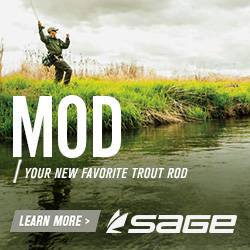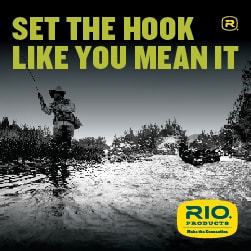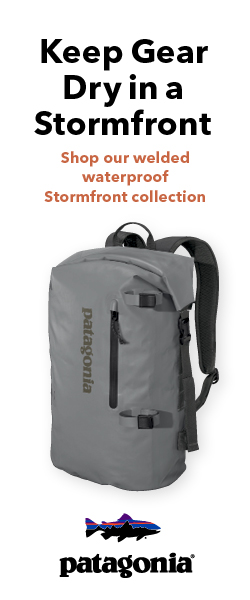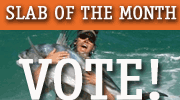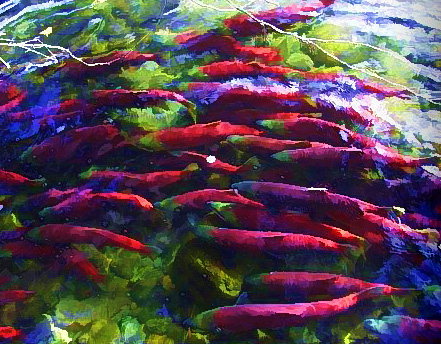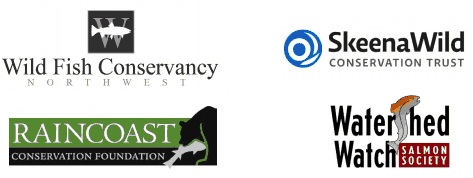Take Action: Have your say and help protect endangered salmon runs!
 Monday, April 27, 2015 at 12:00AM
Monday, April 27, 2015 at 12:00AM 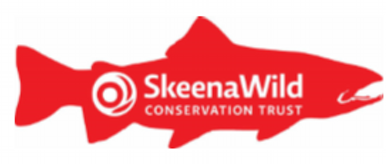
Progress made in 2009 to protect and rebuild weak stocks of Skeena salmon, based on recommendations from the Independent Science Review Panel and harvest rules consistent with the Wild Salmon Policy, is now on the chopping block. DFO proposes to dramatically increase the mixed stock marine fishery despite scientific evidence that this increase will have serious impacts to already suffering wild sockeye in the Skeena.
Have your say and help protect endangered salmon runs!
It's not just the Skeena wild sockeye that would be impacted.
A fisheries watchdog group says the federal government's proposal to increase commercial salmon fishing this year puts pressure on endangered salmon stocks in British Columbia in the name of profits.
LINK (via: The Tyee)
 TAKE ACTION!!!!,
TAKE ACTION!!!!,  skeena river,
skeena river,  skeena wild in
skeena wild in  Action,
Action,  Announcements
Announcements 

